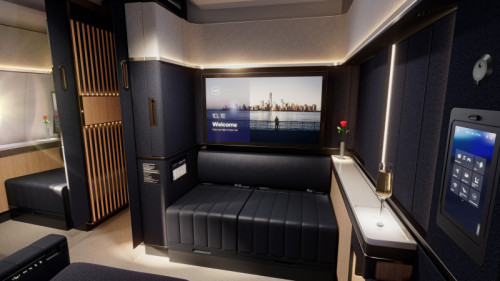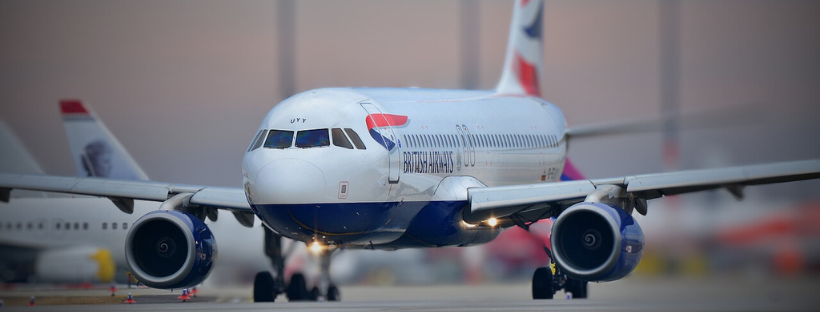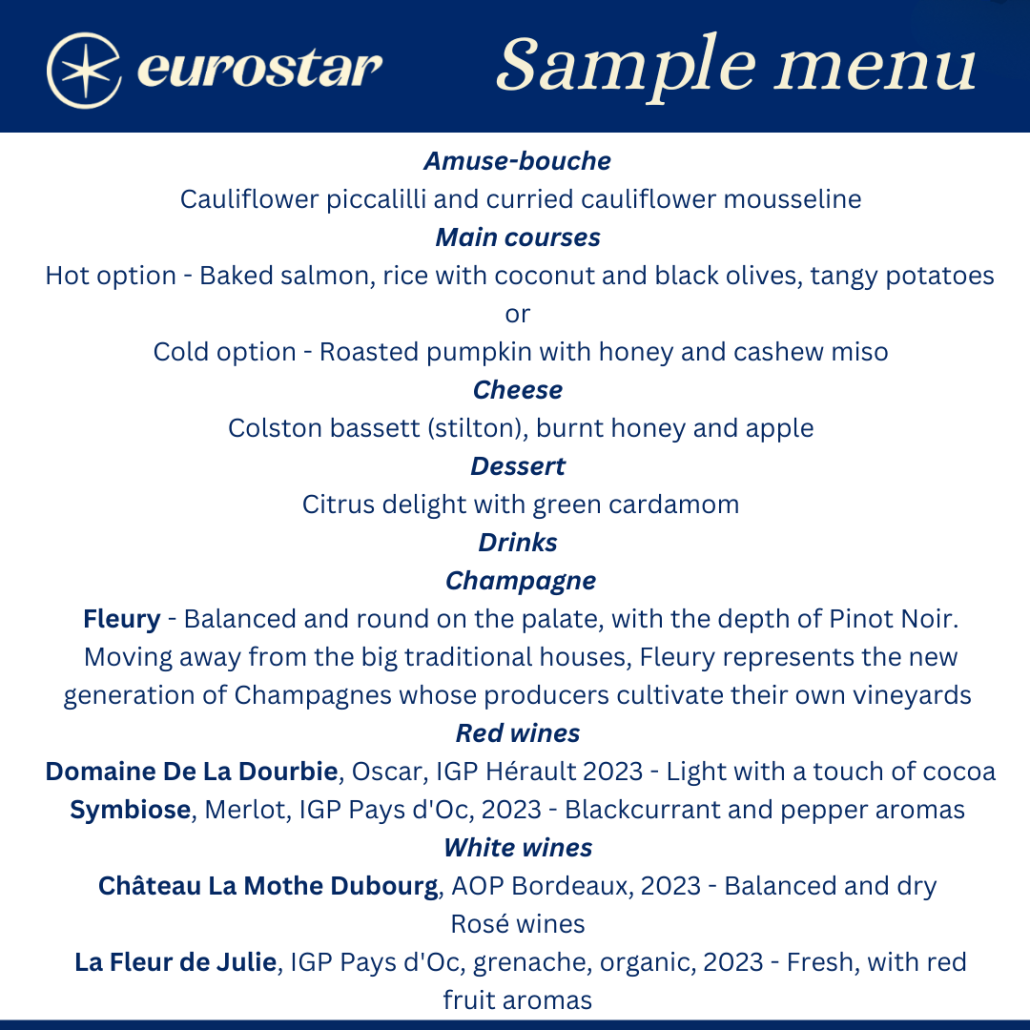Gatwick and GWR join forces to enhance rail connections for business travellers
London Gatwick and Great Western Railway (GWR) have formed a strategic partnership aimed at enhancing the North Downs Line, which connects the airport to Surrey, Reading, and the Thames Valley. The announcement, made during London Gatwick’s annual Transport Forum, signals a commitment to improving station facilities, services, and passenger experience along this key route.
This development is particularly significant for UK-based business travellers, many of whom rely on efficient rail connections to reach meetings, conferences, and workplaces across the region. Enhancing the North Downs Line will not only improve connectivity but also contribute to more sustainable travel options, aligning with growing corporate priorities for reducing carbon footprints during business trips.
The partnership focuses on fostering collaboration between London Gatwick and GWR to promote service development, implement station improvements, and engage with local communities. This joint effort supports London Gatwick’s Decade of Change sustainability initiative, which aims to increase public transport usage to 60% by 2030, including zero and ultra-low emission journeys. Enhanced rail connections through this partnership will also bolster air-to-rail integration, further reinforcing London Gatwick’s role as a major multimodal transport hub.
Jonathan Pollard, Chief Commercial Officer of London Gatwick, emphasised the broader benefits of this collaboration, stating:
The Great Western Railway service to Reading is already a vital service for London Gatwick’s passengers and colleagues, not to mention the local communities along the North Downs Line. This partnership provides the framework for an even more ambitious and collaborative approach to developing air-to-rail services at London Gatwick, and we are delighted to continue this journey with the GWR team. As we look to grow through our Northern Runway Project, it is imperative we continue improving our transport options for passengers and local communities.
Similarly, Tom Pierpoint, Commercial Development Director of GWR, highlighted the value of the North Downs Line and the new partnership:
Great Western Railway recognises that the rail industry plays a key role in driving economic growth, supporting communities, and enabling our customers to travel for a multitude of purposes. Creating this partnership provides further energy to keep delivering for our communities in a new and innovative way that paves the way for great local and regional outcomes.
For UK-based business travellers, the improved connectivity from the North Downs Line will simplify access to the airport and surrounding regions, enhancing both domestic and international travel experiences. The partnership also underscores the importance of sustainable travel in the business sector, reflecting the growing demand for eco-conscious corporate policies.
Paul Baker, Sales Director of Global Travel Management, commented:
This partnership between London Gatwick and GWR is fantastic news for UK-based business travellers. Enhanced rail connections mean greater convenience, time savings, and more sustainable travel options, which are increasingly important to our clients. We’re excited to see the benefits this collaboration will deliver.
For more information about flights from Gatwick or GWR journeys, contact your Global Travel Management Account Manager today.























